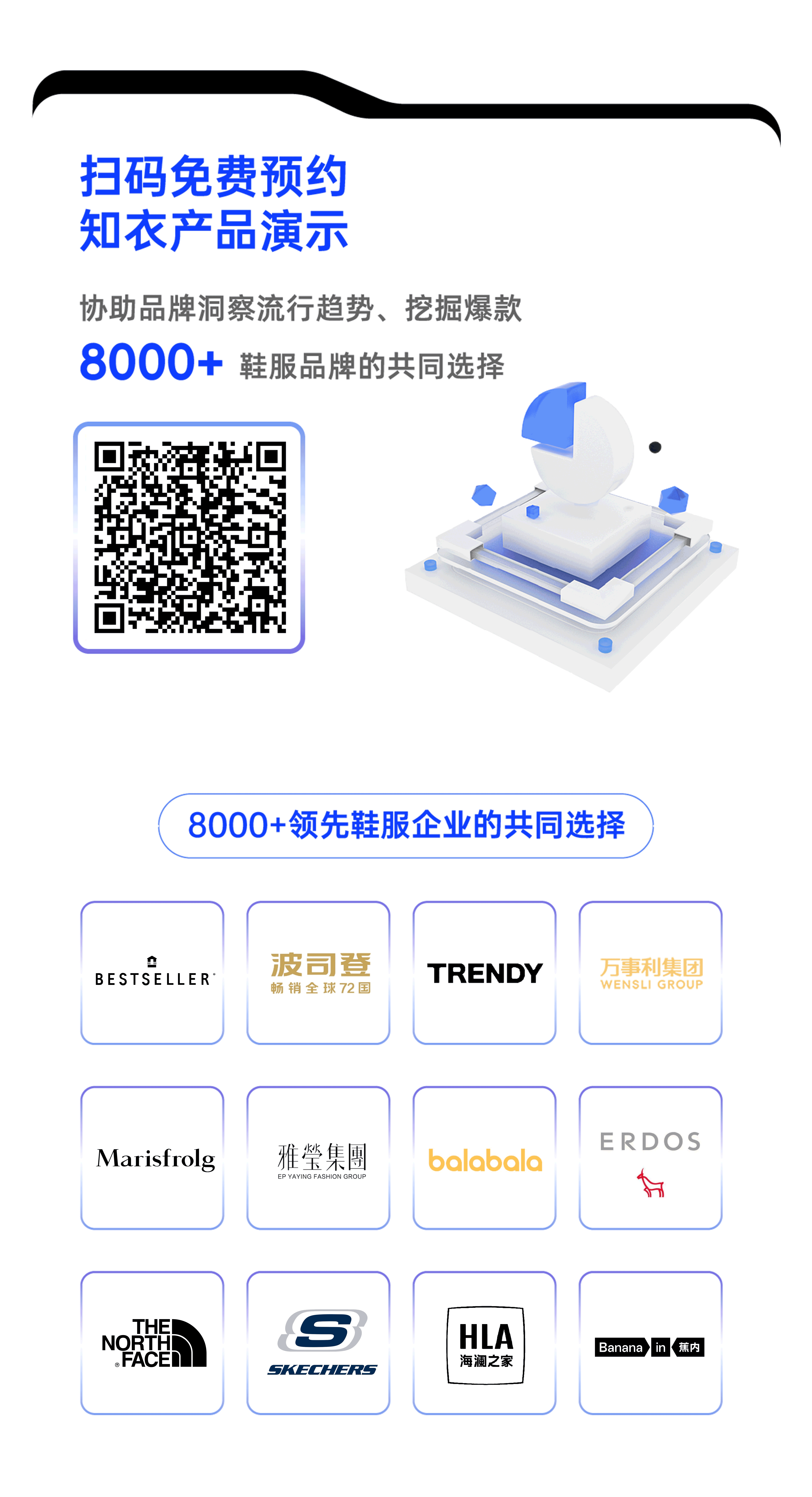
当地时间5月20日,欧盟委员会宣布将对进口小额包裹税收政策进行历史性调整:计划取消价值低于150欧元(约合人民币1225元)包裹的免税待遇,并对直邮至消费者的单个包裹征收2欧元(约16.3元)固定费用。若货物经由欧盟境内仓库中转,费用降至0.5欧元(约4.1元)。
总的看来,即价值低于 150 欧元的包裹不再免征关税,并将对其实行差异化收费:
- 直邮包裹征收2欧元/件(约人民币16.3元)
- 欧盟境内仓发包裹0.5欧元/件(约4.1元)
欧盟贸易委员塞夫乔维奇表示,部分所得收入将用于支付额外海关检查的费用,其余则将用于欧盟预算。而这些费用将由平台承担,以应对大量廉价商品涌入所带来的挑战。
而在当下,小额包裹的免关税优惠,是中国跨境卖家销往欧盟市场的重要通道,报道中也特别指出,新规所涉及的小包裹绝大多数来自于中国。数据显示,2024年共有46亿件此类包裹进入欧盟,平均每秒超过145个,其中91%来自中国。
这是由于此前美国取消的小额包裹免税,让许多跨境卖家为了“去美化”将目光转向欧洲,力图在新的市场环境中寻找增长突破口,包括以Temu和Shein为代表的跨境平台。数据显示,,与 4 月份相比,Shein 和 Temu 均增加了在欧洲的广告支出,5 月前 12 天分别增长了 40% 和 30%
然而,正当我们打算在欧洲大干一场之际,欧盟也要对小额包裹征税了,这无疑将对欧洲直邮小包市场造成重大打击,尤其是平均售价30欧元以下的商品,利润空间可能被完全吞噬。
小包免税将终结?
令人的遗憾的是,欧盟此举并非孤例,一场针对小额包裹的全球围剿正在展开。可以说,美国总统特朗普月初取消了针对中国价值低于 800 美元小包裹的所谓“小额豁免”免税政策,此举促使其他国家开始研究类似的免税政策。
欧盟各国对取消小额包裹免税也颇为积极,如法国在4月就表示,希望在 2028 年之前,开始向非欧盟在线卖家收取每件包裹的手续费。
甚至法国还想单独提前收税,之前法国预算部长蒙查兰明确表示,法国计划最早2026年起,对每个进口小包裹收取几欧元的固定手续费。他还强调,该手续费应该“由进口商、平台而不是消费者支付”。据法国财政部估计,2024年,预计将有8亿个小额包裹进入法国。
本月,英国财政大臣宣布将对英国自身的小额免税规则进行审查。此前4月25日,就宣布将重新评估价值135英镑以下小额包裹免税政策,旨在解决Temu等国际电商平台与本土零售商之间的不公平竞争问题。
还有日本,也在考虑对进口小额包裹征税。据媒体报道,日本财务部正在考虑对包括小额包裹的免税政策进行审查。
有行业人士分析表示,关税、增值税以及处理费可能使低价商品成本增加10%-30%,削弱中国产品的价格竞争力。
比如之前美国加征高额关税时,SHEIN、Temu等平台已经不同程度地提高了产品售价。4月25日提价以来,SHEIN和Temu在美国市场的销售额和流量均呈下降趋势。Similarweb数据显示,截至5月9日,平台的平均每日客户流量较调整前的15天下降了20%以上。
美国市场尚且如此,上了税后的欧洲自然也不例外。
本地化不可避免
“不知道还能去哪”,以美国为代表的频繁关税反转,让跨境电商行业动荡不安,也让不少跨境卖家心灰意懒,尤其是直邮小包。
如果连欧洲的免税门槛被取消,跨境卖家们的成本势必会大幅上涨。有业内人士表示,一件商品成本增加2欧元,那30欧元以下的产品几乎没有盈利的可能。
欧洲电商市场的门槛本就较高,市场分散且合规要求繁多,卖家需要耗费大量资源和精力在不同平台和市场间周旋,难以迅速打开局面。
因此,跨境卖家在欧洲市场的运营成本已经非常高昂,增值税、合规服务费及平台佣金等费用已超过50%。如果再加上2欧元的关税,许多卖家将面临生存困境。欧盟市场总局预测,非欧盟小额包裹征税后,年度税收可增加24亿欧元,但可能导致30%的电商卖家退出市场。
在这样的背景下,本地化布局或许成为跨境卖家的必然选择。为了降低单件物流成本,采用“小包集运+前置仓备货”的模式将是更为可行的方案。
“政客新闻网”欧洲版也在此次新闻中补充道,差异性收费也意在鼓励Temu和Shein等平台批量发送货物,再从欧盟境内的仓库进行配送。
例如,正在积极招募欧洲本土商家,建立本地履约体系,发展“本地对本地”商业模式,即本地商家从当地向消费者发货履约。Temu预计未来其欧洲总销售额的80%将来自这一模式。
结语
从美国"800美元门槛"到欧盟"150欧元防线",我们注意到发达国家正通过关税壁垒重构贸易秩序。这场变革背后,既是保护本土产业的现实需求,更是全球产业链深度调整的缩影。
对中国跨境卖家而言,过去依靠政策红利"躺赚"的时代已然终结,唯有主动适应规则、加速本地化布局,方能在逆全球化浪潮中守住阵地。
正如一位卖家的感慨:"当全世界都在筑墙,我们不仅要学会翻墙,更要懂得在哪里扎根。"这场围绕小额包裹的攻防战,夹缝中的卖家们也只能积极寻找出路,短期阵痛不可避免,但也到了改写全球电商竞争逻辑的时候了。









